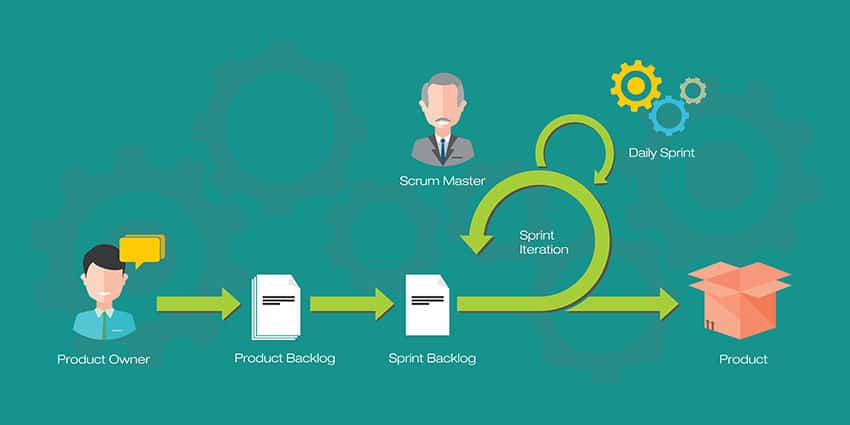As a lean leader, it shouldn’t be any surprise that waste can negatively impact your business’ bottom line. In lean management, practitioners spend a significant amount of time and effort into eliminating waste at every turn in their team’s workflows — both to amp up productivity and to ultimately boost those revenues.
Waste is defined as a process, task or anything that doesn’t add value to a company’s production (whether that be creating a product or delivering a service). Anything that isn’t adding something valuable is unnecessary and therefore needs to be culled. A few of the most common wastes in lean management include delays in production, overproduction and defects in products.
But how exactly does business waste impact your company’s growth? Beyond the seemingly obvious ways waste serves as a barrier, waste can prevent lean leaders from meeting pretty basic growth objectives. Here’s how:
Waste Stands in the Way of Scaling
Generally, there are innumerable ways your business processes can stand in the way of any forward movement. This is particularly applicable when an organization is looking to scale (think opening foreign operations, adding new staff and/or products and services, etc.).
Scaling requires extended focus on the future. It requires managers to have the present processes in hand so that they can translate those workflows to a much bigger scale. Managers who are forced to simply keep the status quo chugging along likely find it almost impossible to think about opening a new branch or doubling their team.
And having waste present in current systems can mean that it’ll be integrated as the organization grows. And we all know that waste is far more difficult to eliminate the bigger a company gets.
Delays Keep You From Focusing on the Big Picture
When you’re entirely focused on putting out daily fires and keeping things moving forward, you don’t have the capacity to think about the bigger picture.
Delays in production and delivery (again, this is regardless of industry) cost you time and valuable energy in working to get that widget out the door on time. Missing delivery timeframes is often costly for companies, and regularly missed deadlines indicate a larger problem.
When managers are juggling to eliminate these kinds of delays, it’s a challenge to focus on long-term tasks and projects. Coming up with ways to grow the organization are eclipsed by a new daily crisis they must tackle.
Too Many Tasks Detracts From Productivity
Numerous studies show that on a worker level, the more tasks that are assigned, the less productive they’ll become. Most of us simply aren’t effective jugglers, and it takes a significant amount of time for employees to change context when switching from one task to another.
All this task switching and project juggling can really work against companies. Stretched-thin employees are far less productive, which can lead to bottlenecks, missed deadlines and substandard products/services. And this dip in productivity can have a detrimental effect on your bottom line and your company’s ability to grow.
Did you find this lean management tip helpful? Leankor’s workflow management tools can help your team become even more efficient. Schedule your one-on-one demo today!






